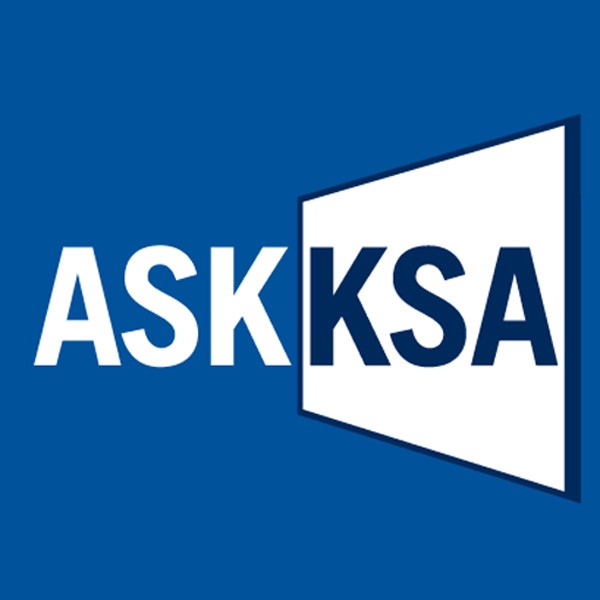July 2025
Greetings,
We’re officially halfway through the year so it is the perfect time to pause and reflect. Since summer is a time to take a vacation, and next month is the perfect time to do it, this month I am focusing on one topic only. With the approval of Revised CAS 240, fraud is front and center again, reminding us that professional skepticism isn’t just a buzzword, it’s a mindset. In this update, we explore what the new standard means, how to bring fraud awareness into your team conversations, and why ethics is more than a box to check in your PD calendar. Read on…

Revised CAS 240 Approved!!!!
Following the approval by the IAASB of the revised fraud standard, the AASB has just approved Revised CAS 240 The Auditor’s Responsibility Related to Fraud, effective for periods beginning on or after December 15, 2026.
The revised standard delivers:
- Clearer expectations of auditor roles in identifying and responding to fraud
- A strengthened fraud lens within risk assessment and enhanced linkage to other CASs
- New requirements for professional skepticism, timely communication
- Changes to the auditor’s report for all entities, not just reporting issuers, although there will be some differences between the two (as there are now)
- Enhanced fraud response procedures and documentation standards to support consistency and audit quality
The revised standard is expected to be in the Handbook around September 2025. In the meantime, you can read the revised ISA standard here, as they are the same.
READ REVISED ISA 240 (AND SUPPORTING INFORMATION) HERE

The Fraud Diamond
Since Revised CAS 240 has been approved, I thought it very fitting to include an interesting article about fraud. We always talk about the “fraud triangle” however this article suggests we think about the “fraud diamond”, one more factor to consider. The traditional elements to consider when addressing fraud risk are incentive, opportunity, and rationalization.
The author suggests we include more of the fraud perpetrator in the model. Specifically, the Fraud Diamond includes a fourth element, that is, the fraud perpetrator’s capability, in order to capture the attributes and traits needed to orchestrate a fraud, such as “position/function, brains, confidence/ego, coercion skills, effective lying, and immunity to stress”. I love this concept and will definitely be incorporating it into all my new training courses on the revised standard.
READ “THE FRAUD DIAMOND” ARTICLE HERE
Reinforcing Professional Skepticism in Audit Standards
You know that revised CAS 570 on Going Concern has also been approved recently (was in last month’s update). Alongside the changes to CAS 240, it’s a timely reminder that professional skepticism should be front and center in every engagement—and if it’s not, now’s the time to change that.
The IAASB has released a fantastic and practical resource: How the IAASB’s Revised Going Concern and Fraud Standards Reinforce Professional Skepticism. It walks through how the updates to ISA 240 and ISA 570 build skepticism into every stage of the engagement, from planning right through to reporting. There’s a clear emphasis on keeping a questioning mindset and looking for contradictory evidence, not just confirming what you expect to see.
It’s a strong reminder of what high-quality audit work looks like… and it is a message I’ll be weaving into all my upcoming training sessions.
READ THE IAASB PROFESSIONAL SKEPTICISM PUBLICATION HERE
Ethical Leadership Podcast
Looking to tick off your CPD ethics hours with something that actually sticks? This episode from CPA Australia’s INTHEBLACK podcast is a perfect fit, especially with Revised CAS 240 putting fraud and professional skepticism back in the spotlight.
This short 22-minute podcast digs into how ethical lapses in leadership often lie at the heart of financial scandals. Even though this is based in Australia, the discussion around the APES 110 Code lines up well with our Professional Code of Conduct. The Code can guide real-life decisions, help you spot red flags early, and build the kind of ethical foundation that strengthens professional judgment and skepticism across the board.It’s more than theory, it’s a practical, forward-looking take on how to stay sharp, stay curious, and lead with integrity. Tone at the top is critical. And yes… it counts toward verifiable CPD hours.
——————
This month, we highlighted the things that keep engagement quality strong: being curious, asking the right questions, and staying grounded in our ethical responsibilities. Summer is the perfect time to take a breath, regroup, and lay the groundwork for a strong second half of the year. Whether you’re unpacking new standards, reinforcing professional skepticism, or carving out time for meaningful professional development, every step adds up.
Remember, I am always here to help you save time and achieve peace of mind. Reach out anytime. In the meantime, I wish you a restful and fun long weekend which includes time with family and friends. I am off to hang out with my grandkids… and can’t wait!!!
Best regards,
Kirsten S. Albo, FCPA, FCA
President

